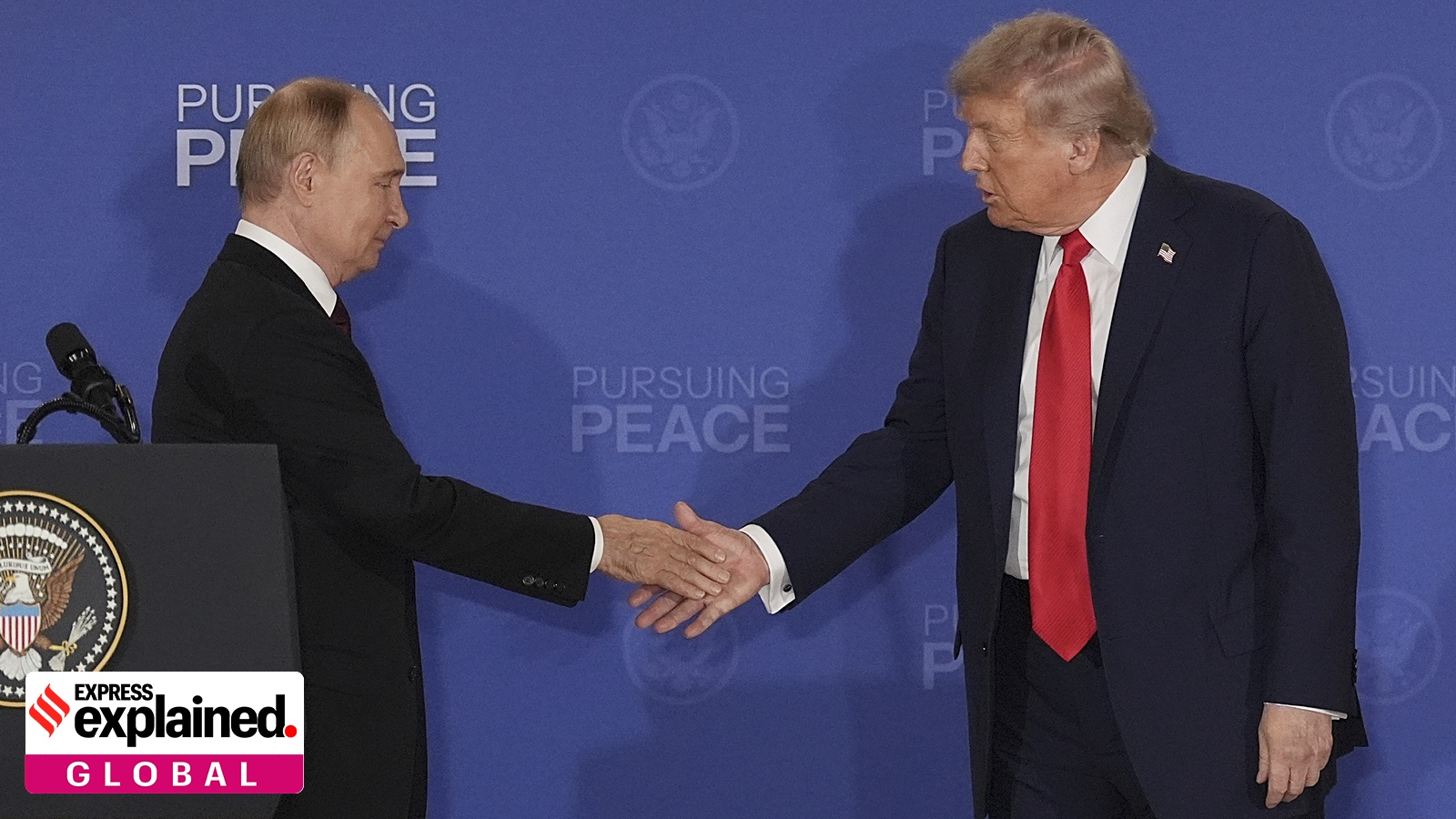Delhi’s immediate concern is centred on the punitive measures against India that Trump has inserted into his Ukraine strategy. As part of the effort to pressure Putin into accepting a peace deal, Washington announced an additional 25 per cent tariff on Indian exports — explicitly linked to Delhi’s continued purchase of Russian oil.
Since the 2022 invasion, India has become a major buyer of discounted Russian crude, a move that has improved its energy security but drawn sharp criticism from the West. The US administration argues that targeting India, among other large importers, will cut into Moscow’s revenues and push it toward compromise in Ukraine.
On the eve of the summit, US Treasury Secretary Scott Bessent warned that more tariffs could follow if no peace deal emerged. He urged Europe, which imports refined petroleum products from India, to join Washington in imposing severe sanctions on countries still trading extensively with Russia. Meanwhile, a major Bill moving through Congress would authorise the President to impose tariffs of up to 500 per cent on states helping sustain Moscow’s war economy.
Story continues below this ad
For now, Delhi must await greater clarity on the summit’s outcome, the future trajectory of the Ukraine talks, and the next steps from the US and Europe. One conclusion though is hard to avoid: India’s big turn to discounted Russian oil over the last three years has tied it, if indirectly and unwittingly, to the geopolitics of war and peace in Ukraine.
The Modi government will hope that Washington and Moscow will arrive at a final agreement on how to deal with Ukraine, sooner than later, and Trump will discard the 25 per cent additional tariff. At the minimum, Delhi would want Trump, who continues to be optimistic about a breakthrough, to postpone the deadline of August 27 for implementing the additional tariffs against India.
In a TV interview after the summit, Trump said he would revisit the question of oil-related tariffs in a couple of weeks, when the prospects for a deal on Ukraine might be clearer. If there is no peace, however, Delhi will have to redo its sums on the costs and benefits of India’s current reliance on Russian oil. In the event of a progress towards reconciliation in Ukraine, Delhi will have to prepare for a major shift in great power relations between US, Russia, Europe and China.
